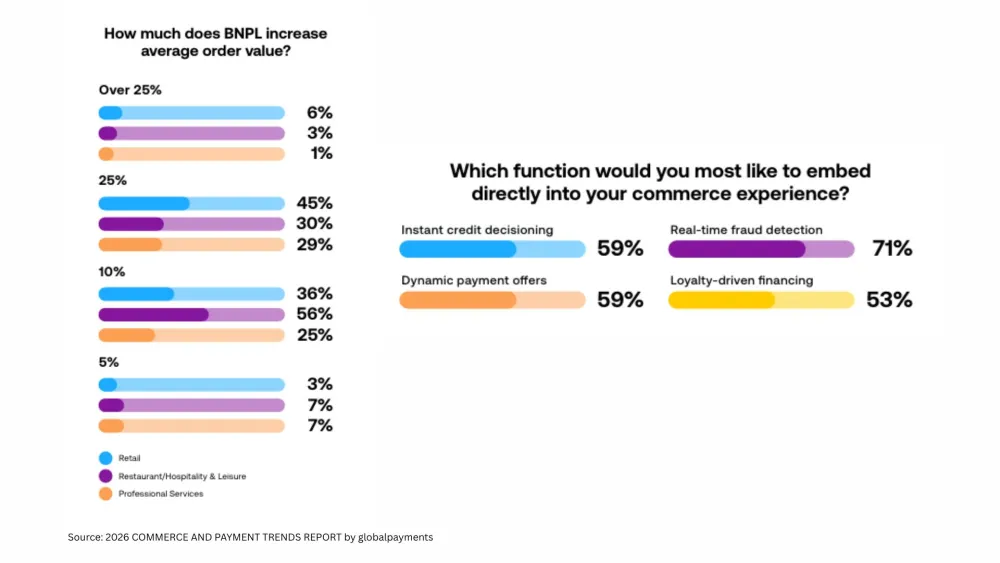
Singapore tightens regulation of virtual payment entities to combat risks
DPT activities carry higher inherent money laundering and terrorism financing risks.
Singapore has passed the Payment Services (Amendment) Bill, which introduces new amendments that expand the scope of regulation to include service providers of digital payment tokens (DPTs) and broadens consumer protection.
Under the amended bill, the Monetary Authority of Singapore (MAS) now regulates all service providers of DPTs that facilitate the use of DPTs for payments—now called Virtual Assets Service Providers—even if they do not they possess the moneys or DPTs involved.
In the original PS Act, MAS only regulates service providers and facilitators who hold the money or DPTs involved.
Whilst only in the early stages, DPT activities are more susceptible to money laundering and terrorism financing (ML/TF) risks, noted Ong Ye Kung, minister for transport, speaking in behalf of Tharman Shanmugaratnam, senior minister and minister-in-charge of MAS, during the bill’s second reading on 4 January.
“The speed and cross-border nature of such DPT activities carry higher inherent money laundering and terrorism financing risks. They need to be regulated, and service providers need to carry out proper customer due diligence and monitoring of transactions,” Ong said.
The bill expands the scope of DPT services in the PS Act to include the following three activities: facilitating the transmission of DPTs from one account to another; custodial services for DPTs; and facilitating the exchange of DPTs where the service provider does not come into possession of the moneys or DPTs involved.
Entities that provide any of these services as a business in Singapore must be licensed and is now subject to rules and regulations set by MAS, said Ong.
These will reportedly help minimise the risk of DPT service providers being exploited by criminals to launder illicit proceeds or hide illicit assets, Ong added.
Another set of amendments introduced in the bill gives the local regulator powers to impose measures on DPT service providers to ensure consumer safety and protection. This could include requiring a DPT service provider to segregate customer assets from its own assets, amongst other measures.
“This will augment current powers that allow MAS to require DPT service providers to safeguard customer money from loss in the event of insolvency,” Ong said regarding the imposition of measures.
This also gives MAS the power to impose measures on a specific DPT service provider. The regulator will reportedly consult the public and the industry when drafting subsidiary legislation on the specific measures.
The bill also broadens the scope of protection of the PS Act, to carve out situations where both payer and payee are financial institutions. It also allow MAS to prescribe additional classes of licensees conducting specific payment services to be subject to the requirement to safeguard customer money.
Currently, only major payment institutions providing services like e-money issuance are required to safeguard customer money. With the fast-evolving landscape, user protection concerns associated with other types of licensees can also arise, Ong noted in his speech.



















 Advertise
Advertise











